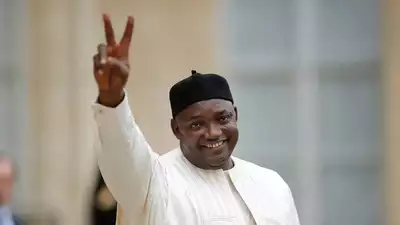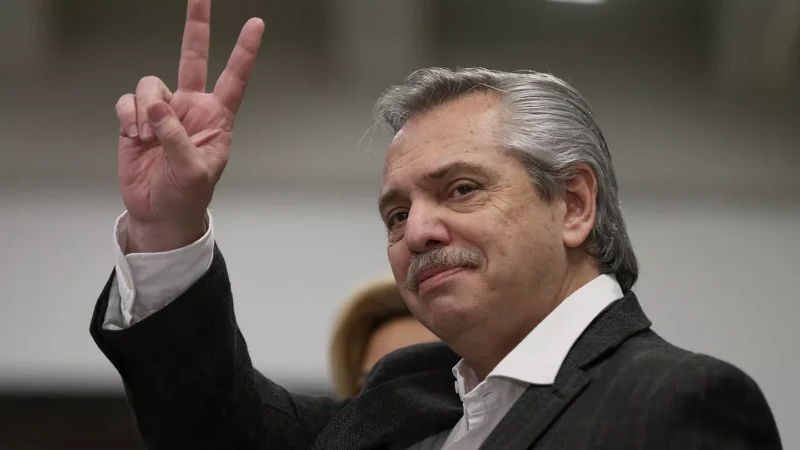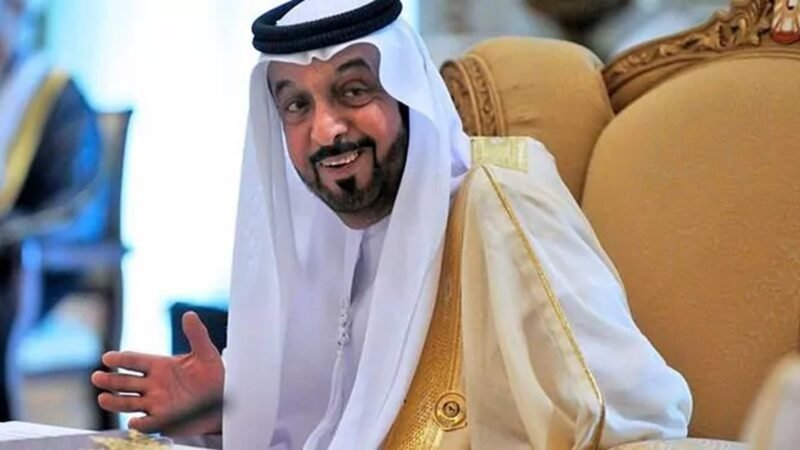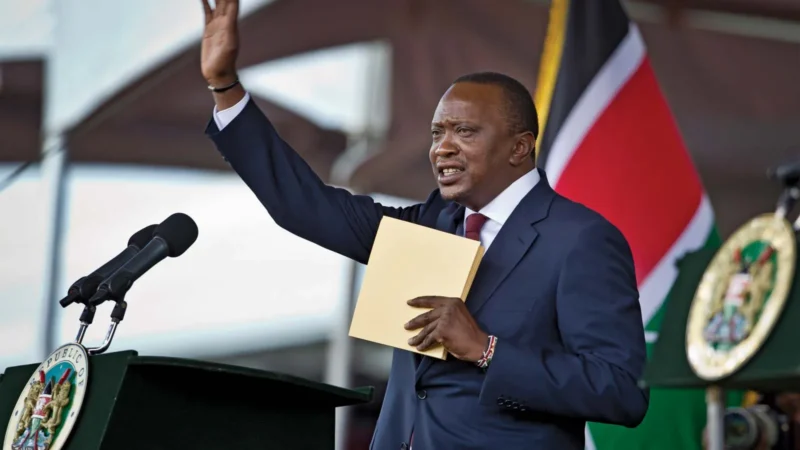Cases, Controversies, and Allegations on Shinzo Abe
Shinzo Abe, the former Prime Minister of Japan, is a prominent figure in Japanese politics. Throughout his tenure, Abe was associated with various cases, controversies, and allegations that influenced public perception.
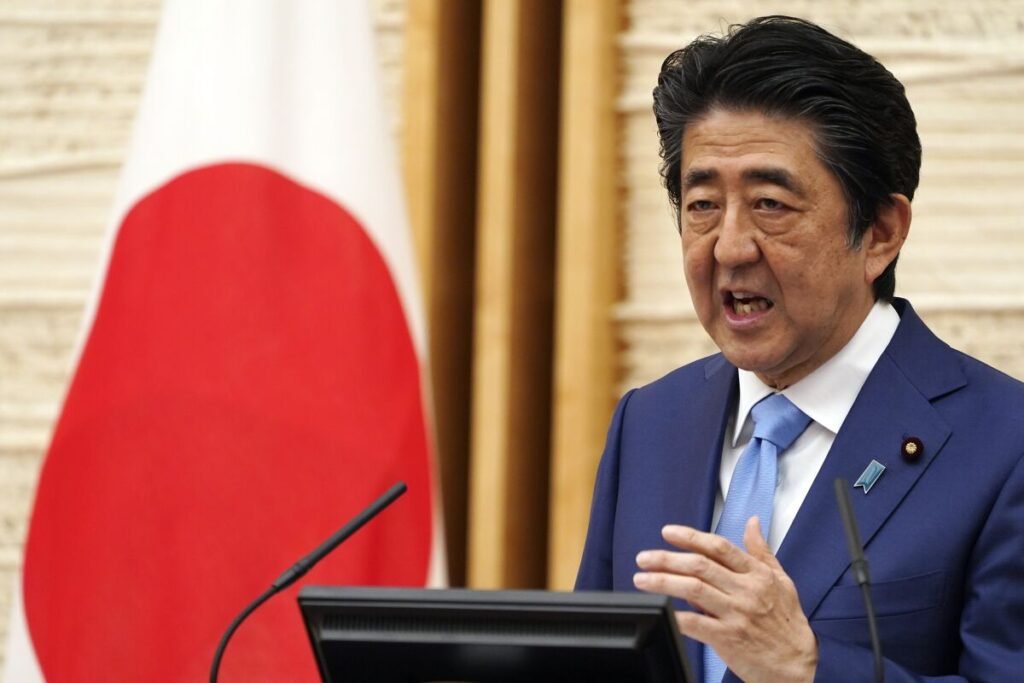
In this blog post, we will delve into lesser-known aspects of Abe’s life, present 10 intriguing facts about him, estimate his net worth, and provide answers to the five most searched questions regarding his leadership. Let’s uncover the lesser-known side of Shinzo Abe.
Cases, Controversies, and Allegations:
- Yasukuni Shrine Visits: Abe’s visits to the controversial Yasukuni Shrine, which honors Japan’s war dead, including convicted war criminals, sparked tensions with neighboring countries, particularly China and South Korea.
- Comfort Women Issue: The issue of “comfort women,” who were forced into sexual slavery by the Japanese military during World War II, remained a contentious topic during Abe’s tenure, and his stance on the issue drew criticism.
- Constitution and Security Laws: Abe sought to amend Japan’s pacifist constitution and introduced controversial security laws that expanded the role of the Japanese Self-Defense Forces, raising concerns about the potential militarization of Japan.
- Economy and Abenomics: Abe implemented economic policies known as “Abenomics,” aimed at revitalizing Japan’s economy. While these policies had some successes, critics argued that they did not adequately address long-term structural issues.
- Fukushima Nuclear Disaster: Abe’s handling of the Fukushima nuclear disaster and his government’s response to the subsequent cleanup efforts faced criticism for alleged delays, lack of transparency, and inadequate support for affected residents.
- Nationalist Rhetoric: Abe’s nationalist rhetoric and his emphasis on promoting a more assertive and patriotic Japan generated both support and criticism, with concerns raised about the impact on regional relations.
- Allegations of Cronyism: Abe faced allegations of cronyism and favoritism, particularly regarding a scandal involving the sale of state-owned land to a nationalist school operator with alleged ties to Abe’s wife.
- Women’s Empowerment: Abe’s efforts to promote women’s empowerment and increase female participation in the workforce faced scrutiny, with critics arguing that progress remained limited.
- Media Control: There were concerns about Abe’s influence over the media and allegations of self-censorship, particularly regarding coverage of sensitive political issues.
- Relationship with the United States: Abe maintained a close relationship with the United States, particularly during the administration of President Donald Trump, which garnered both support and criticism domestically.
Unknown Facts About Shinzo Abe:
- Shinzo Abe was born on September 21, 1954, in Tokyo, Japan, into a prominent political family. His grandfather, Nobusuke Kishi, served as Japan’s Prime Minister.
- He comes from the Liberal Democratic Party (LDP), a conservative political party in Japan, and has been a long-standing member.
- Abe’s political career was influenced by his father, Shintaro Abe, who was a former Foreign Minister of Japan.
- He served as Prime Minister of Japan twice, with his first term starting in 2006 and ending in 2007, and his second term beginning in 2012 and ending in 2020.
- Abe is known for his conservative and nationalist views, advocating for a stronger Japan on the global stage.
- He prioritized strengthening Japan’s defense capabilities and sought to revise the pacifist Article 9 of the constitution.
- Abe has been a supporter of the Trans-Pacific Partnership (TPP) trade agreement and played a role in its negotiation.
- He has a passion for sports and played a key role in promoting Tokyo’s successful bid to host the 2020 Summer Olympics, which were later postponed to 2021 due to the COVID-19 pandemic.
- Abe faced health challenges during his tenure, including a chronic gastrointestinal condition that led to his resignation in 2007 and a recurrence of the condition in 2020, leading to his second resignation.
- He is married to Akie Abe, and they have two children.
Estimated Net Worth of Shinzo Abe:
Determining Shinzo Abe’s exact net worth is challenging due to limited financial disclosures. However, various reports suggest that his net worth is estimated to be around $10 million to $20 million, primarily from his salary as a politician and potential investments.
QA
Q: How long was Shinzo Abe the Prime Minister of Japan?
A: Shinzo Abe served as Prime Minister of Japan for a total of eight years and eight months, with his first term from 2006 to 2007 and his second term from 2012 to 2020.
Q: What is Shinzo Abe’s legacy in Japanese politics?
A: Shinzo Abe’s legacy includes his economic policies, known as Abenomics, efforts to revise Japan’s constitution, and his focus on promoting a more assertive role for Japan on the global stage.
Q: How did Shinzo Abe handle the COVID-19 pandemic in Japan?
A: Shinzo Abe’s government faced criticism for its initial response to the pandemic, but later implemented measures such as lockdowns, travel restrictions, and economic stimulus packages to mitigate the impact of COVID-19 in Japan.
Q: What were Shinzo Abe’s key foreign policy priorities?
A: Shinzo Abe prioritized strengthening Japan’s alliance with the United States, improving relations with neighboring countries, particularly in Southeast Asia, and addressing territorial disputes, such as the Senkaku Islands issue.
Q: What are Shinzo Abe’s future plans in politics?
A: As of the knowledge cutoff in September 2021, Shinzo Abe has retired from active politics but remains an influential figure within the Liberal Democratic Party. His future involvement in politics remains uncertain.
Conclusion: Shinzo Abe’s political career in Japan was marked by various cases, controversies, and allegations that shaped public opinion. Exploring lesser-known facts about his life and leadership provides a more comprehensive understanding of his influence on Japanese politics. It is important to critically analyze a leader’s actions, decisions, and their broader impact on domestic and international affairs. As Japan continues to navigate the challenges of a rapidly changing world, evaluating the legacy of Shinzo Abe and his policy initiatives becomes crucial in understanding the country’s future trajectory.
